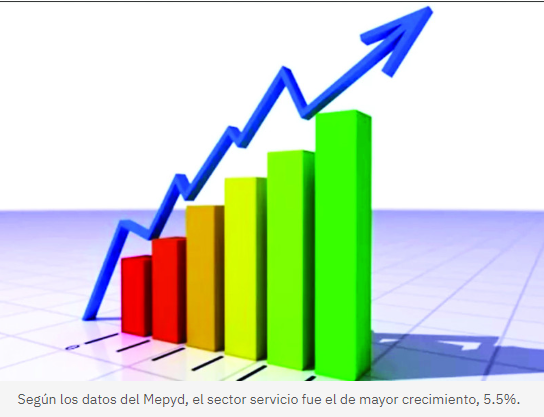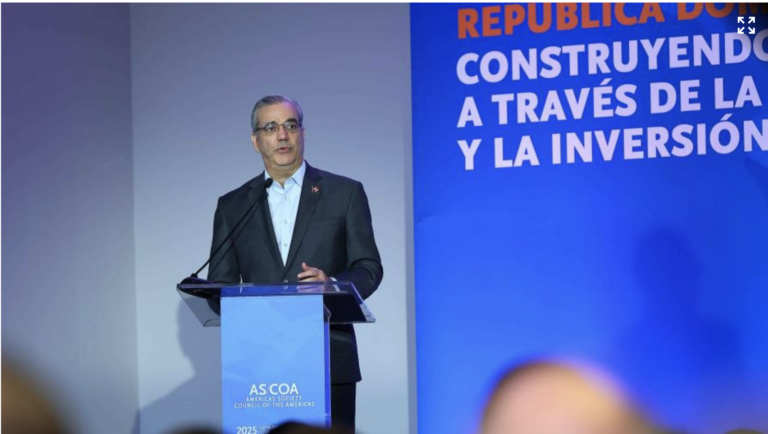
Conferences of Latin American Cities Celebrated in Santo Domingo
While the Government and the central monetary authority encourage both local and foreign investments, ensuring a stable macroeconomic environment, leaders of major business groups reaffirm their confidence in the country to expand their businesses and hope that more companies can develop in the same way.
Yesterday, the private sector, officials, and investors gathered in Santo Domingo to participate in the Latin American Cities Conference, where President Luis Abinader stated that, given the need for companies with international operations to rethink their strategies, the Dominican Republic is a key ally in strengthening supply chains through nearshoring.
In his speech, titled “Dominican Republic: Building the Future through Stability and Investment,” the president highlighted the importance of the private sector as a pillar of the nation’s success. “In an uncertain global environment, the vision and courage of entrepreneurs have been key to attracting investments and creating jobs,” he said.
He specified that 53% of local exports are destined for the United States, and major companies such as Medtronic and Hanesbrands have tripled their operations in the country, creating over 15,000 jobs in high-tech sectors.
To boost investments, the Government continues to back the National Strategy for Promoting the Semiconductor Industry, which will serve as the foundation for the specialization of the technology industry.
Success Stories
The Dominican Republic is home to several family-owned businesses that have grown over decades. In this edition of the Latin American Cities Conference, the story of three of them was highlighted: Grupo Puntacana, Grupo Linda, and Grupo Rica.
What began as a dream in 1969, when Frank Rainieri decided to develop a tourist destination on the east coast of the Dominican Republic, became a global benchmark.
Frank Elías Rainieri, president and CEO of Grupo Puntacana, stated that they have evolved to become the leading tourism developer in the region, with hotels, luxury real estate projects, and the Punta Cana International Airport, the largest in the Caribbean, handling over 11 million passengers annually.
Lina García, president of Envases Antillanos, a company of Grupo Linda with roots in Santiago and more than 58 years of history, pointed out that their success has been based on diversification and the integration of various business areas.
The company has grown with a portfolio that includes Transagrícola, dedicated to the production of grains and tomatoes; Envases Antillanos, specializing in metal and plastic packaging; and La Fabril, focused on edible oils and fats.
Additionally, she explained that they have ventured into the energy sector, becoming partners of AES Dominicana and expanding into the international market with investments in Panama. With more than 2,500 employees, Grupo Linda continues to bet on the country’s development with their philosophy of “creating value and faith in the Dominican Republic.”
Pedro Brache, CEO of Grupo Rica, shared that the company was founded on January 10, 1966, with the vision of solving a key problem in the commercialization of milk in the country.
Its founder, along with 23 other dairy farmers, raised $70,000 to create a company capable of pasteurizing and processing high-quality dairy products.
He stated that innovation has been key to their expansion: from adopting carton packaging for milk to developing ultra-high pasteurization processes that allowed for the export of their products.
Source:


